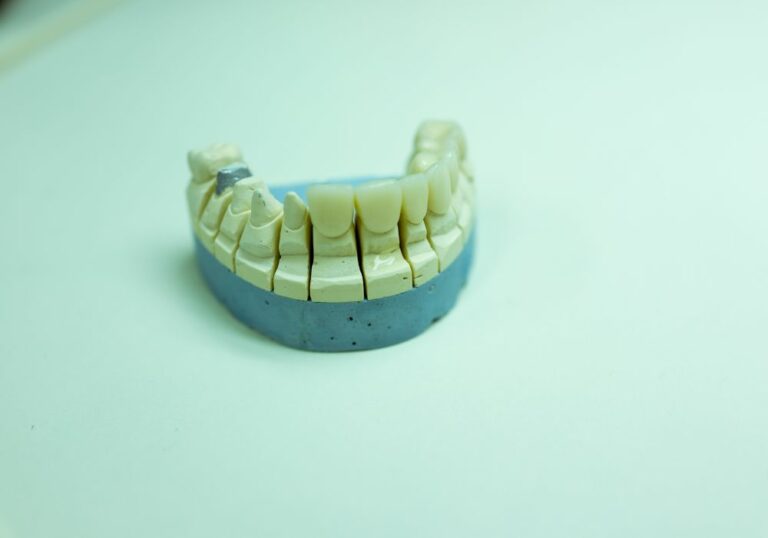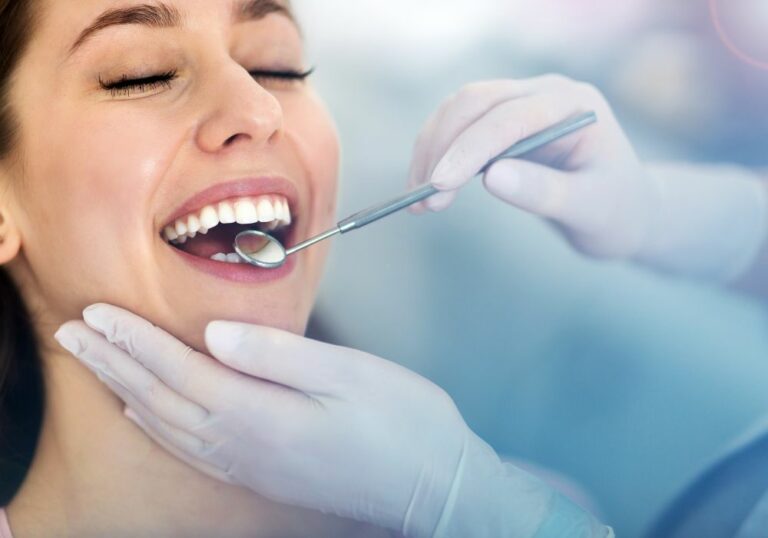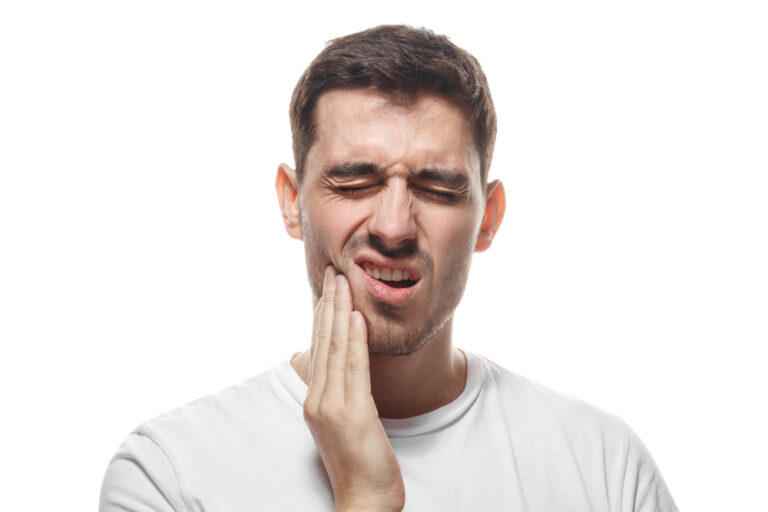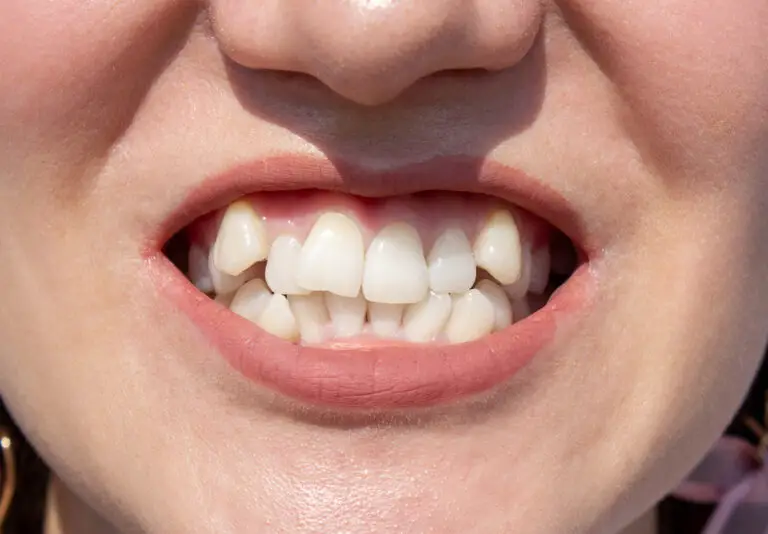Have you ever experienced an odd sensation like your tooth is vibrating or throbbing? This unusual feeling can be unnerving when it seems like your tooth is pulsating on its own. While typically not serious, understanding why your tooth may feel like it’s vibrating can help identify potential problems needing dental attention.
Main causes of vibrating tooth sensations

A wide range of issues can cause your tooth or teeth to feel like they’re vibrating or pulsating. Here are some of the most common culprits:
Dental causes
- Dental abscess – An infection at the root of the tooth, often caused by severe tooth decay or gum disease. Abscessed teeth may feel like they are throbbing or pulsating with the heartbeat as pressure builds up.
- Loose or cracked dental fillings – Fillings that are slightly fractured or loose can cause vibration sensations when biting down or tapping the tooth. Even tiny fissures in fillings can irritate the nerve.
- Bruxism – Forceful grinding, clenching, or gnashing of teeth, especially at night. This can make teeth sensitive and feel vibrating the next day. It may worsen small problems with dental work.
- Dental trauma – Injuries to teeth from accidents, falls, blows, sports impacts, etc. can damage the pulp and nerves, leading to long-term vibration sensations.
- Impacted wisdom teeth – Partially erupted wisdom teeth put pressure on other teeth, potentially causing soreness and pulsating sensations.
- Periapical periodontitis – Inflammation around the tooth root, which can cause throbbing pain resembling vibration.
Non-dental causes
- Sinus congestion – Swelling and inflammation in the maxillary sinuses behind the upper teeth can create vibrating tooth pain, especially with sinus infections.
- TMJ disorders – Issues with the temporomandibular joint and facial muscles can lead to vibrating sensations around the jaw, ears, and teeth. TMJ dysfunction commonly causes teeth grinding as well.
- Neuralgias – Nerve disorders like trigeminal neuralgia can cause severe electric, stabbing facial pain that may feel like tooth vibration.
- Neurological issues – Multiple sclerosis, seizures, and other neurological conditions often lead to face and tooth numbness or tingling that may feel like vibration.
- Medication side effects – Some medications like phenytoin for seizures can cause gum overgrowth and facial swelling that puts pressure on teeth.
- Hormonal changes – Fluctuating estrogen levels during pregnancy or menopause can worsen the symptoms of existing dental problems.
Professional diagnosis of vibrating teeth
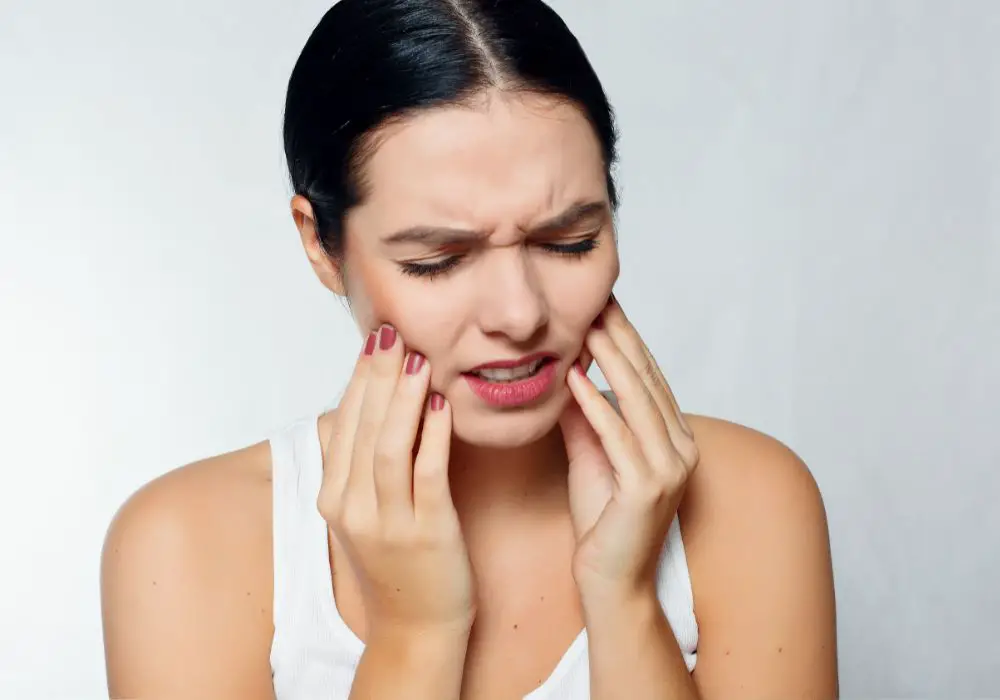
If you have persistent or severe tooth vibration sensations, make an appointment to see your dentist promptly. Do not ignore the problem. The sooner it is professionally evaluated, the easier the underlying cause can be treated.
During your exam, your dentist will likely:
- Ask detailed questions about your symptoms – when they started, frequency, triggers, severity, etc. Your medical history provides context.
- Perform a visual exam of your full mouth – look for dental decay, cracks, gum disease, movement, tongue swelling, etc.
- Palpate your head, neck, sinuses, temporomandibular joints, and facial muscles for tenderness.
- Tap gently on your teeth with a dental instrument to check for looseness or sensitivity reproducing the vibrating sensation.
- Wiggle teeth gently to check for mobility – this may show looseness indicating an abscess.
- Take multiple X-ray images from different angles to visualize the tooth roots, nerve, and surrounding jawbone.
- Assess pulp vitality with hot/cold stimulation or an electric pulp tester. This checks for nerve damage.
- Refer you to a specialist like an endodontist for further testing and diagnosis, if a complex dental issue is suspected.
Possible treatments for vibrating teeth
The appropriate treatments for stopping tooth vibration depend on the diagnosed cause:
- Abscessed tooth – Root canal treatment or extraction to remove infection. Antibiotics may also be prescribed.
- Damaged filling – Replacing, removing, or re-cementing the compromised filling. A temporary sedative filling may be put in.
- Bruxism – Prescribed dental nightguard and treatment for associated factors like sleep disorders, stress, acid reflux, and misaligned bite.
- Lost tooth structure – Dental restoration like crowns, inlays, or bridges to rebuild damaged teeth. Root canal may be done first.
- Erupting wisdom tooth – Removal of the impacted wisdom tooth to relieve pressure on other teeth.
- Periodontal inflammation – Non-surgical root planing or flap surgery and antibiotics to treat gum infection.
- Sinusitis – Nasal sprays, antihistamines, antibiotics, or steroids to reduce sinus inflammation and pressure.
- Neuralgia – Anticonvulsant or tricyclic antidepressant medications to calm overactive facial nerves. Surgery if meds fail.
- TMJ dysfunction – Options like occlusal splint, physical therapy, muscle relaxants, stress reduction techniques, and biofeedback.
Seeking prompt professional treatment as soon as vibrating sensations arise can help prevent the need for more invasive treatments later on. Be sure to follow all of your dentist’s at-home recommendations as well for optimal healing.
Preventing vibrating tooth problems

While you can’t always prevent the onset of dental issues associated with vibration sensations, practicing good daily oral hygiene and getting regular checkups can lower your risks:
- Brush properly twice a day and floss once daily to avoid plaque buildup and decay.
- Use antibacterial mouthwash to reduce bacteria levels.
- See your dentist and hygienist every 6 months for cleanings and exams. Get X-rays as recommended.
- Have any tooth decay, damaged fillings, or other problems repaired early before they worsen.
- Wear a nightguard if you clench or grind your teeth to prevent damage.
- Maintain good oral posture and avoid teeth clenching during the daytime too.
- Wear a sports mouthguard during contact sports or vigorous physical activity if you have any vulnerable teeth.
- Limit intake of sugary or acidic foods and beverages that weaken enamel.
- Stay hydrated and avoid tobacco products like cigarettes that increase dental disease risks.
By being vigilant about oral healthcare and getting regular professional cleanings and checkups, you can achieve excellent dental wellness and help avoid issues that may cause tooth vibration later on. Report any odd dental symptoms right away. Prompt diagnosis leads to the most minimal and effective treatments.
Vibrating Tooth FAQ
What are some common symptoms with a vibrating tooth?
Along with pulsating sensations, common symptoms of a vibrating tooth include pain or soreness, sensitivity to hot and cold, pain when biting down, gum swelling, bad breath, fever, and drainage.
Should I see a general dentist or specialist for a vibrating tooth?
You should start with your general dentist for an exam. Based on their diagnosis, they may refer you to a specialist like an endodontist for root canals or oral surgeon for difficult extractions or dental surgery.
Can teeth pulsating be prevented with good oral hygiene?
Practicing excellent oral hygiene with daily brushing, flossing, and professional cleanings can prevent many dental issues that cause vibrating sensations. But some causes like TMJ dysfunction or neuralgias cannot be prevented through oral hygiene alone.
Is it normal for teeth to hurt or throb with age?
It is common to experience increased dental sensitivity, loose teeth, receding gums, and other issues as you age. But pronounced pulsing or vibrating sensations are not a normal part of aging and may indicate underlying dental problems. Have it examined.
What home remedies help soothe a vibrating tooth?
Temporary relief remedies include saltwater rinses, over-the-counter pain medication, numbing gels, dental nightguard use, avoiding hard foods, and relaxing jaw muscles with heat and massage. See a dentist also.
In summary, a tooth that feels like it’s vibrating or throbbing should never be ignored. Schedule a prompt dental exam, especially if the sensation is persistent or accompanied by worrisome symptoms. With an accurate diagnosis and proper treatment plan, your dentist can resolve the issue creating the vibration and restore healthy comfort to your mouth.


